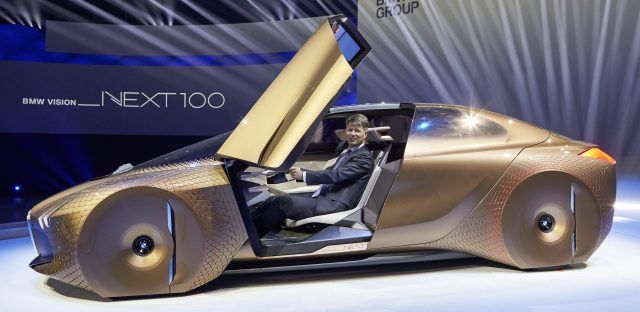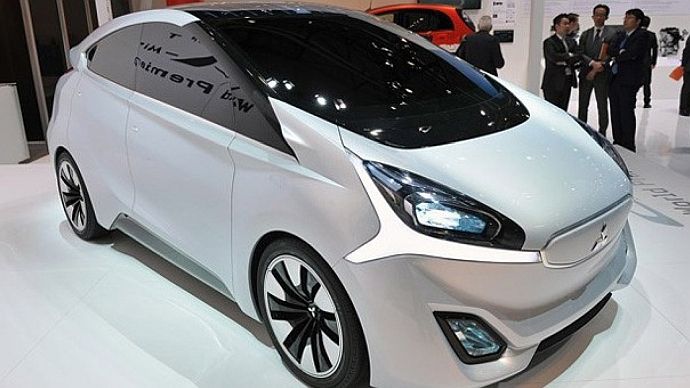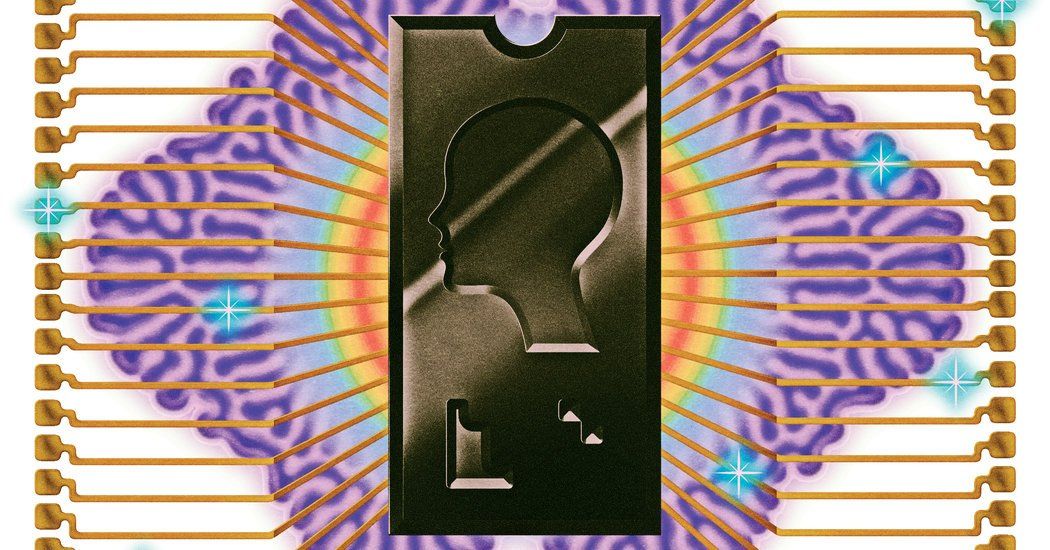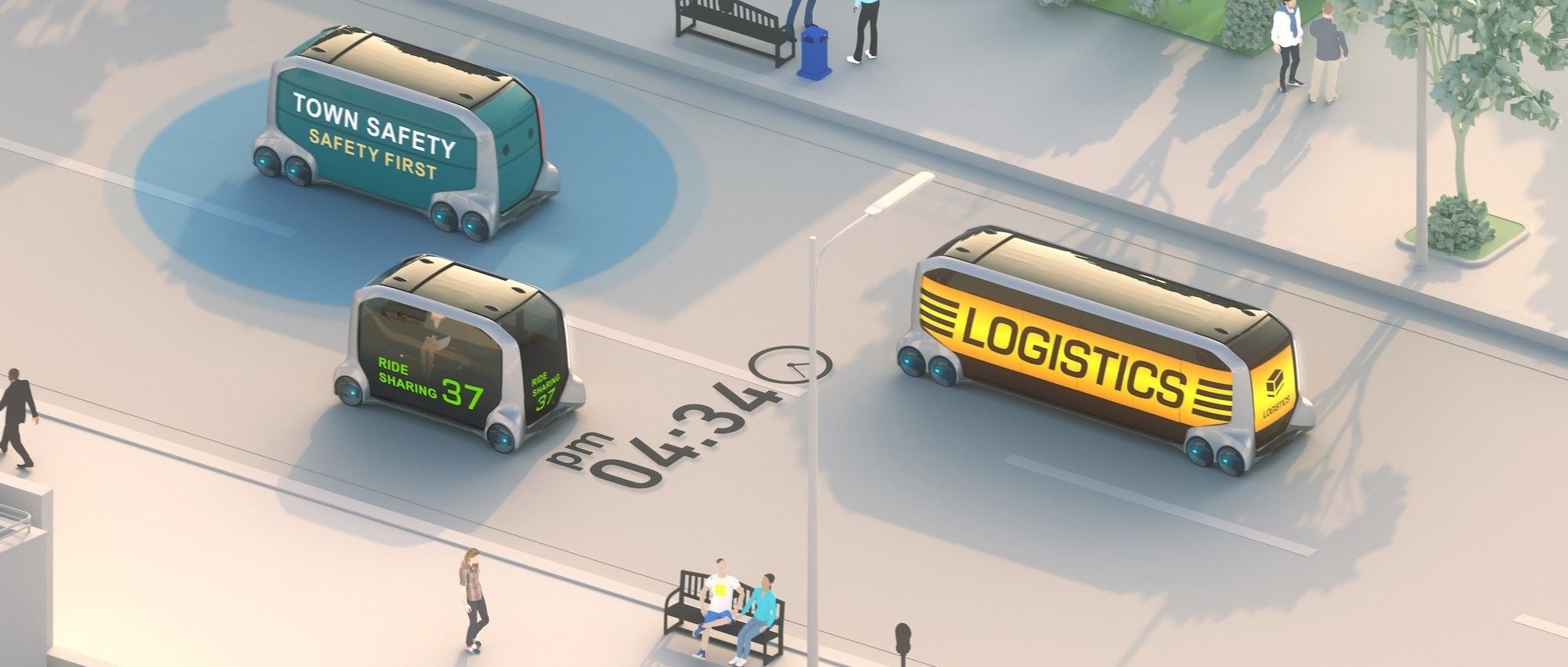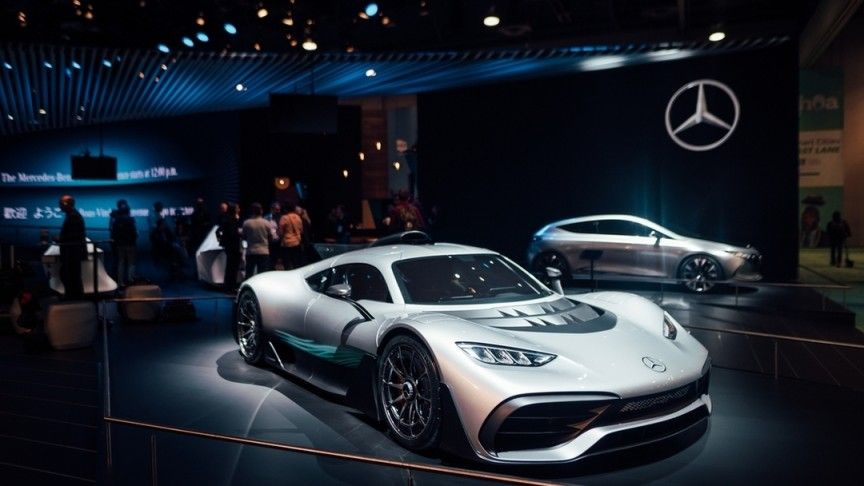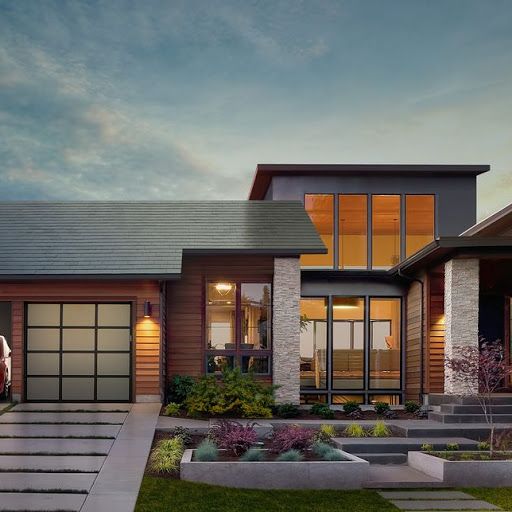Today, at least 45 start-ups are working on chips that can power tasks like speech and self-driving cars, and at least five of them have raised more than $100 million from investors. Venture capitalists invested more than $1.5 billion in chip start-ups last year, nearly doubling the investments made two years ago, according to the research firm CB Insights.
SAN FRANCISCO — For years, tech industry financiers showed little interest in start-up companies that made computer chips.
How on earth could a start-up compete with a goliath like Intel, which made the chips that ran more than 80 percent of the world’s personal computers? Even in the areas where Intel didn’t dominate, like smartphones and gaming devices, there were companies like Qualcomm and Nvidia that could squash an upstart.
But then came the tech industry’s latest big thing — artificial intelligence. A.I., it turned out, works better with new kinds of computer chips. Suddenly, venture capitalists forgot all those forbidding roadblocks to success for a young chip company.
